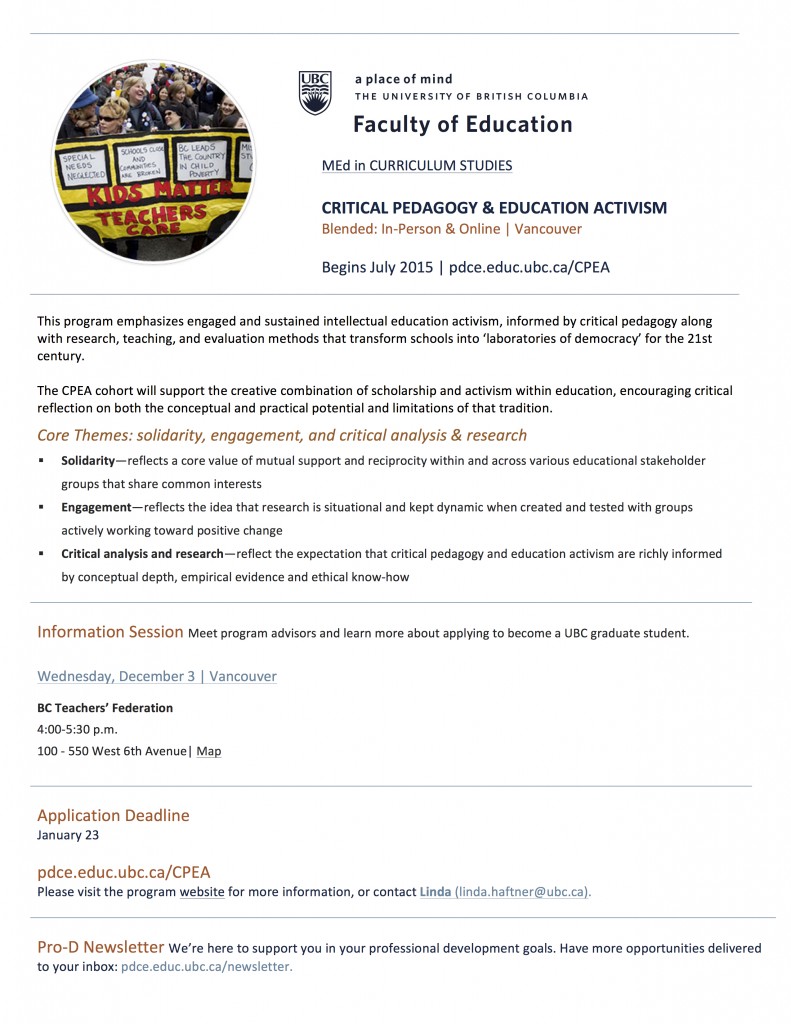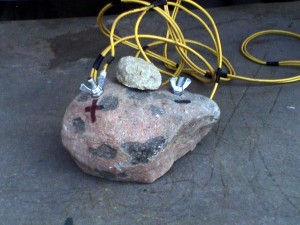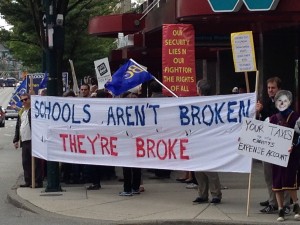Call for Papers
Marx, Engels and the Critique of Academic Labor
Special Issue of Workplace
Guest Editors: Karen Gregory & Joss Winn
Articles in Workplace have repeatedly called for increased collective organisation in opposition to a disturbing trajectory: individual autonomy is decreasing, contractual conditions are worsening, individual mental health issues are rising, and academic work is being intensified. Despite our theoretical advances and concerted practical efforts to resist these conditions, the gains of the 20th century labor movement are diminishing and the history of the university appears to be on a determinate course. To date, this course is often spoken of in the language of “crisis.”
While crisis may indeed point us toward the contemporary social experience of work and study within the university, we suggest that there is one response to the transformation of the university that has yet to be adequately explored: A thoroughgoing and reflexive critique of academic labor and its ensuing forms of value. By this, we mean a negative critique of academic labor and its role in the political economy of capitalism; one which focuses on understanding the basic character of ‘labor’ in capitalism as a historically specific social form. Beyond the framework of crisis, what productive, definite social relations are actively resituating the university and its labor within the demands, proliferations, and contradictions of capital?
We aim to produce a negative critique of academic labor that not only makes transparent these social relations, but repositions academic labor within a new conversation of possibility.
We are calling for papers that acknowledge the foundational work of Karl Marx and Friedrich Engels for labor theory and engage closely and critically with the critique of political economy. Marx regarded his discovery of the dual character of labor in capitalism (i.e. concrete and abstract) as one of his most important achievements and “the pivot on which a clear comprehension of political economy turns.” With this in mind, we seek contributions that employ Marx’s and Engels’ critical categories of labor, value, the commodity, capital, etc. in reflexive ways which illuminate the role and character of academic labor today and how its existing form might be, according to Marx, abolished, transcended and overcome (aufheben).
Contributions:
- A variety of forms and approaches, demonstrating a close engagement with Marx’s theory and method: Theoretical critiques, case studies, historical analyses, (auto-)ethnographies, essays, and narratives are all welcome. Contributors from all academic disciplines are encouraged.
- Any reasonable length will be considered. Where appropriate they should adopt a consistent style (e.g. Chicago, Harvard, MLA, APA).
- Will be Refereed.
- Contributions and questions should be sent to:
Joss Winn (jwinn@lincoln.ac.uk) and Karen Gregory (kgregory@ccny.cuny.edu)

 Follow
Follow



